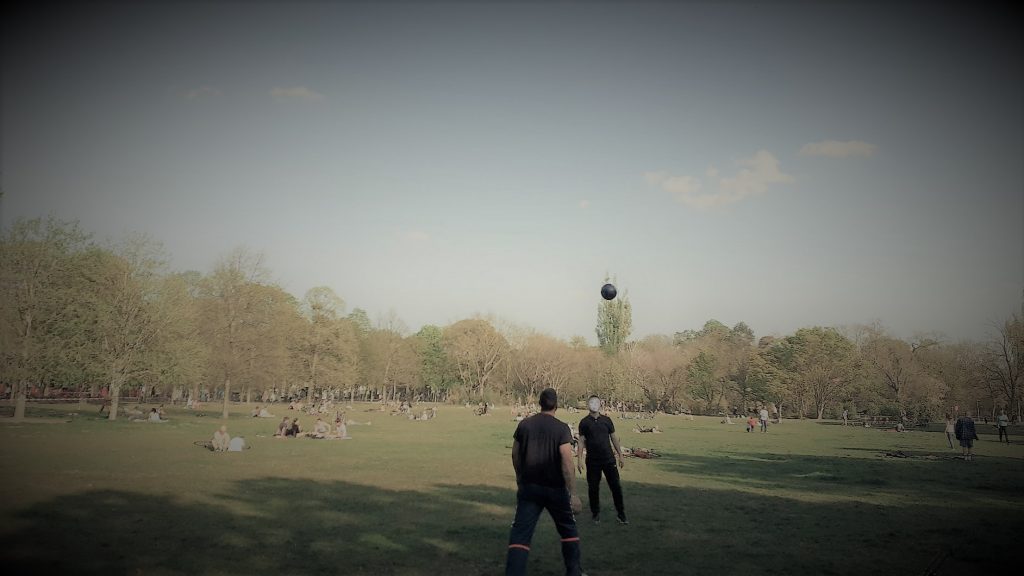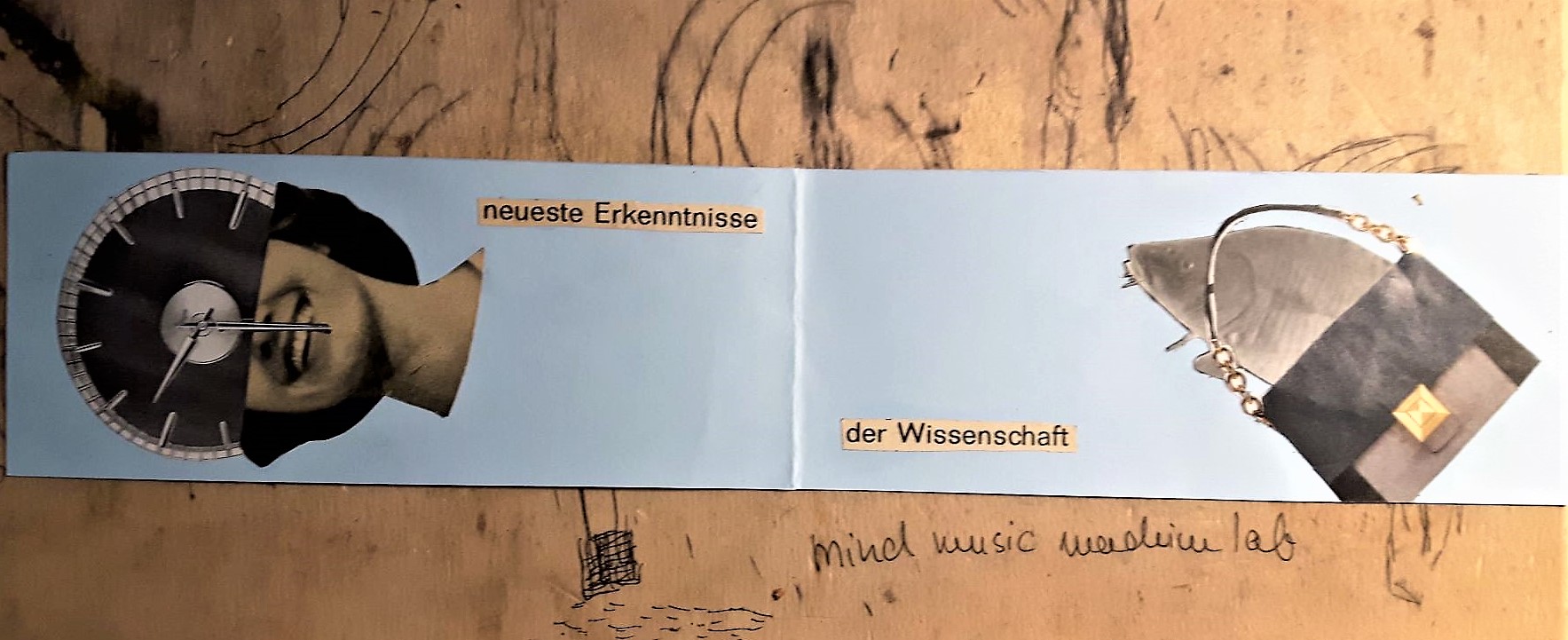
Jedes Tier besitzt seine eigene Umwelt, die immer größere Verschiedenheiten mit der unseren aufweist, je weiter es sich in seiner Organisation [und seines Weltverständnisses]* von uns entfernt.
Das nähere Studium lehrt uns, daß jede dieser tausendfach verschiedenen Lebensformen eine ihm eigentümliche Umwelt besitzt, die sich mit dem Bauplan [und dem Weltverständnis]* des Tieres wechselseitig bedingt.
Aus der unübersehbaren Mannigfaltigkeit der anorganischen [,organischen und mentalen]* Welt sucht sich jedes Tier gerade das aus, was zu ihm paßt.
Es kann nicht wundernehmen, daß die Umwelt eines Tieres auch andere Lebewesen mit umschließt.
Uexküll, Jakob von. Umwelt und Innenwelt der Tiere. Berlin: J. Springer, 1909. pp 5, 248
*in brackets : remarks of Else
Each animal has its own environment, which is increasingly different from ours the further away it is from us in its organization [and concept of the world]*.
Closer examination teaches us that each of these thousands of different forms of life has a peculiar environment that is reciprocally dependent on the building plan [and concept of the world]* of the animal.
From the multitudinous diversity of the inorganic [,organic and mental]*world, each animal chooses exactly what suits it.
It is not astounding that the environment of an animal also includes other living beings.

